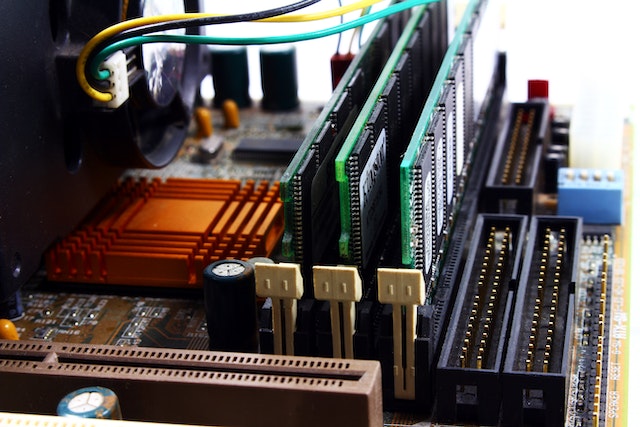Installation and maintenance of network cable tester suppliers require precision and expertise to obtain the optimum performance and dependability. One of the essential pieces of equipment for network installers and technicians is the PCable tester, which assists in identifying cable problems and evaluating cable performance. So it’s crucial that you pick the right PCable tester source if you want to get high-quality instruments that meet your network needs. This blog aims to provide guidance on how to pick the top PCable tester supplier in order to enhance your network infrastructure.
Introduction to PCable Testers and Suppliers (100 words)
To identify cable problems and evaluate cable performance, diagnostic tools known as PCable Testers are employed. A PCable tester provider is a company that specializes in providing PCable testers to network installers, technicians, and other professionals involved in the installation and maintenance of network infrastructure. A reputable PCable testers supplier should offer a range of high-quality PCable testers, accessories, and support services to meet the diverse needs of network professionals.
II. Considerations to Considering While Choosing a PCable Tester Supplier (200 words)
When selecting a PCable tester supplier, you need consider a number of factors to make sure you obtain the best tools and services for your network needs. These components include:
PCable Tester Quality – A reliable PCable tester supplier should offer top-notch gear that conforms with regulatory standards. The excellent caliber of the PCable testers should be verified through independent testing and certification.
Variety of PCable Testers – The provider should supply a variety of PCable Testers, accessories, and support services to meet the diverse needs of network professionals. This includes testers for various cable types and uses.
Pricing – PCable tests should be inexpensively priced, and the provider should offer a variety of pricing tiers to suit a variety of spending capacities.
Support Services – The supplier must provide clients with excellent technical, educational, and post-sale support services.
Reputation – It’s critical to consider both the supplier’s position in the market and customer feedback.
Delivery Time – The provider must provide PCable testers and accessories on time in order to avoid delays in network installation and maintenance.
- Benefits of Choosing the Top Supplier for PCable Testers (200 words)
Network workers can benefit in a number of ways from choosing the right PCable tester supplier, including:
A respected PCable tester supplier offers high-quality tools that are in compliance with industry requirements, guaranteeing optimum network reliability and performance.
Variety of Tools – By collaborating with a supplier that offers a variety of PCable tests, accessories, and support services, network professionals can select the tools that best suit their unique network needs.
Competitive Pricing – Network professionals can get high-quality tools from a supplier that offers competitive prices within their budget.
Excellent Customer Support – A supplier who provides excellent customer support services ensures that network professionals have access to technical support, education, and after-sales support as required.
A provider with a solid reputation in the industry inspires trust in the dependability and reliability of the products and services they provide.
IV. The Varieties of PCable Testers That Are Offered (200 words)
The best PCable tester to employ will depend on the needs of the network and is available in a variety of forms. PCable testers frequently used include the following:
The performance of cables can be confirmed, and “cable certifiers” can ensure that they meet industry standards. They have the ability to spot issues like attenuation, crosstalk, and impedance.
Fault locaters, which are testers, can find cable issues such as breakage, shorts, and miswires. They are ideal for finding solutions when maintaining networks.
Cable length meters are among the testers that can accurately measure cable length. Installers can use these to help them determine whether a cable is too long or too short, which could affect the data.

